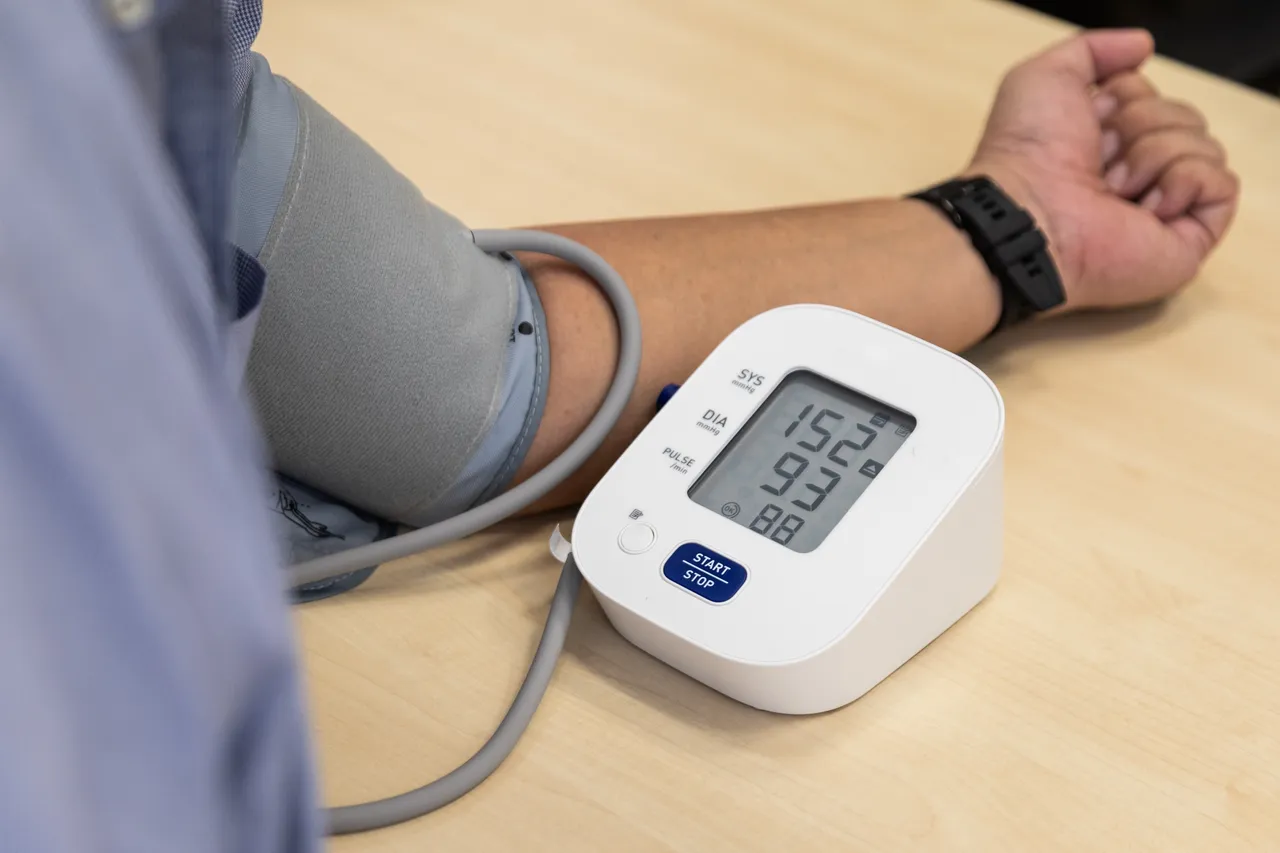
Understanding High Blood Pressure (Hypertension)
High blood pressure, or hypertension, is a prevalent health condition that affects millions worldwide. Often termed the "silent killer," it typically presents no noticeable symptoms but can lead to severe health complications if left unmanaged. This article delves into the causes, associated risks, and effective management strategies for high blood pressure.
What Is Heart Failure?
Heart failure, sometimes known as congestive heart failure, is a condition where the heart muscle fails to pump enough blood to meet the body’s needs for oxygen and nutrients. It does not mean the heart has stopped working. Rather, it is not functioning properly. As a result, the heart cannot circulate blood throughout the body. Poor blood circulation due to heart failure often leads to the buildup of fluid in some organs or parts of the body, such as the lungs, legs, and feet.
What is High Blood Pressure (Hypertension)?
Blood pressure measures the force exerted by circulating blood against the walls of the body's arteries. It's recorded with two numbers:
Systolic Pressure:
The pressure when the heart beatsDiastolic Pressure:
The pressure when the heart rests between beats
A normal reading is typically around 120/80 mmHg. Hypertension is diagnosed when readings consistently exceed 130/80 mmHg.
What are the Types of High Blood Pressure?
Hypertension is categorized into two types:
Primary (Essential) Hypertension:
Develops gradually over time without a specific identifiable cause. Factors contributing include aging and lifestyle choices.Secondary Hypertension:
Results from an underlying condition or medication. Causes encompass:
Primary (Essential) Hypertension:
Develops gradually over time without a specific identifiable cause. Factors contributing include aging and lifestyle choices.Kidney Disease
: Impaired kidney function can disrupt fluid and salt balances, elevating blood pressureHormonal Disorders
: Conditions like adrenal gland tumors can increase hormone levels that raise blood pressureMedications
: Certain drugs, including birth control pills and decongestants, may contribute to hypertension
Risk Factors of High Blood Pressure
Several factors elevate the risk of developing high blood pressure, which include:
Age
: The risk increases as individuals grow older due to natural changes in blood vesselsFamily History
: A hereditary predisposition can heighten susceptibilityObesity
: Excess weight demands more blood to supply oxygen and nutrients, increasing pressure on artery wallsPhysical Inactivity
: A sedentary lifestyle contributes to higher heart rates and increased force on arteriesDietary Choices
: High salt intake and low potassium levels can disrupt blood pressure balanceAlcohol and Tobacco Use
: Both can damage the heart and blood vessels, leading to hypertensionStress
: Chronic stress may contribute to temporary spikes in blood pressure.
Health Complications
Several factors elevate the risk of developing high blood pressure, which include:
Age
: The risk increases as individuals grow older due to natural changes in blood vesselsFamily History
: A hereditary predisposition can heighten susceptibilityObesity
: Excess weight demands more blood to supply oxygen and nutrients, increasing pressure on artery wallsPhysical Inactivity
: A sedentary lifestyle contributes to higher heart rates and increased force on arteriesDietary Choices
: High salt intake and low potassium levels can disrupt blood pressure balanceAlcohol and Tobacco Use
: Both can damage the heart and blood vessels, leading to hypertensionStress
: Chronic stress may contribute to temporary spikes in blood pressure.
Health Complications
If left untreated, uncontrolled high blood pressure can lead to:
Heart Disease
: Hypertension forces the heart to work harder, potentially causing heart failure or arrhythmiasStroke
: Elevated pressure can lead to blocked or ruptured arteries supplying the brainKidney Damage
: Strained blood vessels in the kidneys can impair their filtering abilityVision Loss
: Damage to the blood vessels in the eyes can result in vision problems or blindnessCognitive Issues
: Hypertension is linked to an increased risk of dementia and cognitive decline
Managing or Preventing High Blood Pressure
Effective strategies include:
Lifestyle Modifications
Healthy Diet
: Adopt the DASH (Dietary Approaches to Stop Hypertension) diet, emphasizing fruits, vegetables, whole grains, and lean proteinsRegular Exercise
: Aim for at least 150 minutes of moderate-intensity aerobic activity weeklyWeight Management
: Achieve and maintain a healthy weight to reduce strain on the heartLimit Alcohol and Quit Smoking
: Both can significantly impact blood pressure and overall cardiovascular healthStress Reduction
: Techniques like meditation, deep breathing, and yoga can help manage stress levels. citeturn0news35
Medications
: In some cases, lifestyle changes alone may not suffice. Healthcare providers might prescribe antihypertensive medications, such as diuretics, ACE inhibitors, or beta-blockers, tailored to individual needs.Regular Monitoring
: Consistent blood pressure checks are vital. Home monitoring devices can aid in tracking readings between medical appointments.
High blood pressure is a manageable condition when addressed proactively. Understanding its causes, recognizing risk factors, and implementing effective management strategies can significantly reduce the risk of associated complications. Consulting a cardiologist and adhering to prescribed treatments are important steps toward maintaining optimal cardiovascular health.

3 Mount Elizabeth, #17-18
Mount Elizabeth Medical Centre
Singapore 228510

Mon to Fri: 9:00am–5:00pm
Sat: 9:00am-12:00pm
Sun & PH: Closed

Tel: 6235 7536 | 9155 2942
Fax: 6235 7598
info@acecardiologyclinic.com
Need Help or Make an Appointment.
We will be delighted to assist you today. Call or send a message to the Heart team. You can also have us call you back at your convenience.
So please call us at +65 9155 2942. We look forward to hearing from you.

